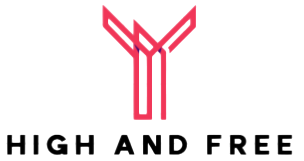
Strictly speaking, Information Technology has been impacting society for centuries. The abacus signals, writing, paper, pens and the printing press were considered the forefront of IT since those technologies were the most recent and greatest in communicating. But it is accepted the forefront of IT lies in communications. As with all Information Technology developments that are historic communication technology is revolutionary in terms of business, society, defence and culture. IT acts as a facilitator. It is. This means that there is more information at hand tracks markets, maintain connections, to make decisions or follow motions. The power of the notion should not be underestimated; it enables people to make decisions based on masses of current information. It has been that mainstream society has adopted the power of data to both movements and business although the educational institutions and business have long understood the power of the notion.

Secondly, Information Technology is an enabler. Just a minority of companies in the world can claim it is their business. Associations and corporations use functions that push their core business to be enabled by Information Technology. This may include communication between suppliers, employees or clients or asset management may be included by it. Whatever the function communication makes processing the storage or transfer of information more efficient than ever before. But it is important to remember that in essence it doesn’t change motions, ideals, ethics or core companies. It allows them to work at a scale. Lastly, Information Technology assumes the role of custodian. Massive stores of information are emerging prepared to support any requests, as data and data are gathered on nearly any topic you care to imagine.
And therein lays the safety paradox that Information Technology presents. One can argue that information that is accessible makes our lives safer, more efficient and wealthier. Whilst the argument is that the exact information that offers these benefits is our Achilles heel as a result of the safety implications of infiltration. There is little doubt that the technology that defines it directs and restricted the use of information technology. That technology enables masses of data to gather, manipulate and communicate. For that reason, the role of IT revolves around improving speed, capacity, the efficiency or accuracy of any components that may benefit those Information Technology systems that are contemporary supply.
